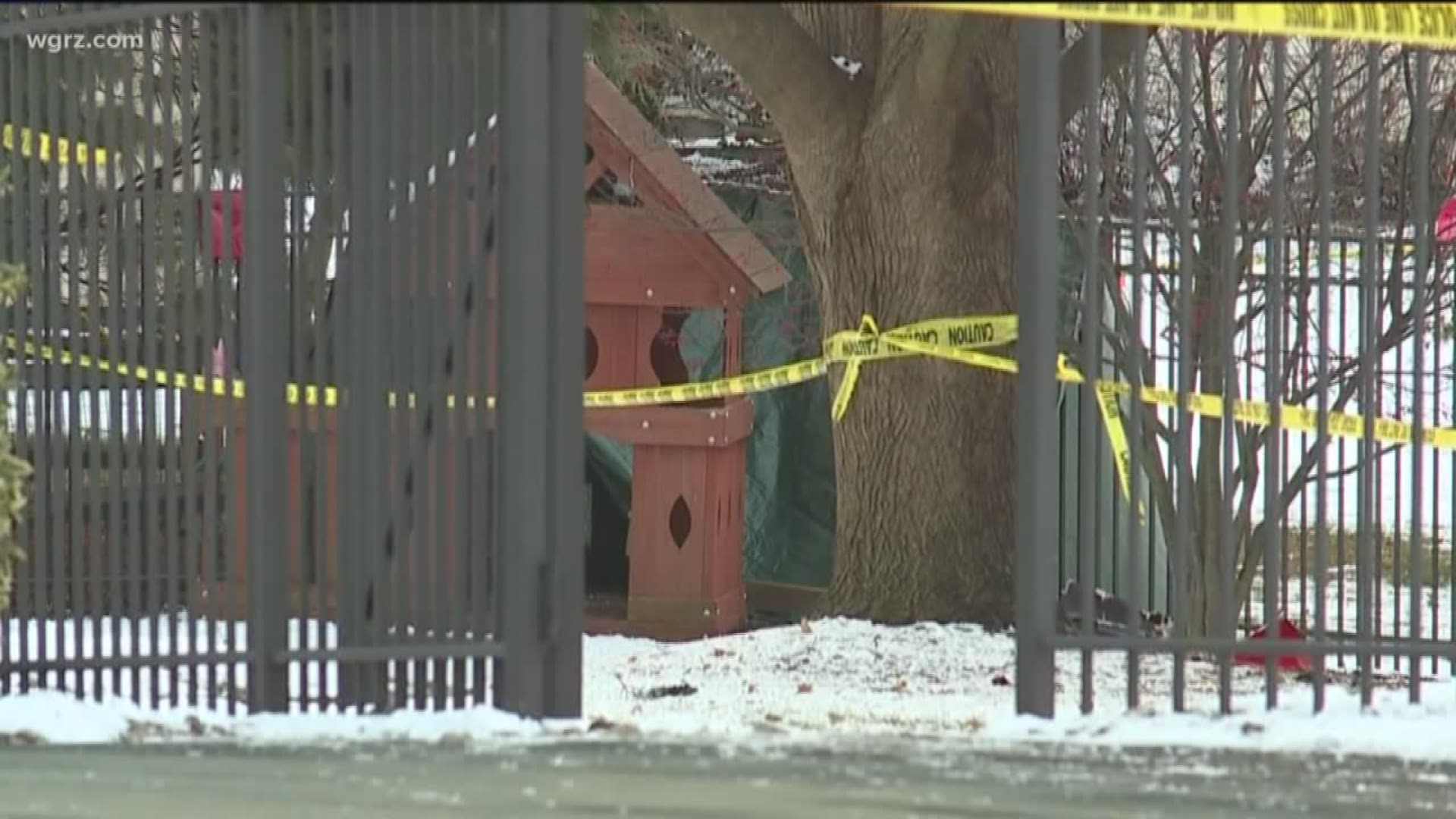CUMBERLAND COUNTY, Pa. — There are still so many unanswered questions surrounding the deaths of Mark Croce and Michael Capriotto, two Buffalo-area businessmen.
The two were flying from near Washington D.C. to Buffalo in Croce's helicopter when it crashed down Thursday night in Mechanicsburg, Pennsylvania, outside of Harrisburg.
Mike Brion, who says he owns the property where the helicopter crashed, told reporters, "I heard what sounded like a normal helicopter at first, and then it got really loud and sounded really close."
Brion added, "There was some kind of a bang which may have been a part of the helicopter exploding, and then a little more propeller noise, and then just the sound of the helicopter crash landing in our backyard."
While the trip back to Buffalo would've been a long one, aviation expert Captain John Cox told 2 On Your Side over the phone that it shouldn't have been out of reach.
"If they stopped for fuel, there's no reason that they couldn't have flown that leg very successfully. I would've expected it," Cox said of Safety Operating Systems.
The crash took place around 8:30 p.m., so it would've been dark, but the weather did not appear to be a factor.
Storm Team 2 Chief Meteorologist Patrick Hammer reviewed conditions at the time of the crash.
He told 2 On Your Side's Steve Brown, "You look for anything, any kind of clue. Was there a freak wind gust? Was there a storm near by that could have created winds? Was there any time of temperature inversion that could kind of make flying a little squirrelly? There was none of that."
Croce was flying a Robinson R66 helicopter.
Cox said Robinson helicopters overall have a higher than average accident rate, but the R66 specifically is too new to tell.
He added that the high rate is partially because the Robinson helicopters are used a lot in student training.
The FAA confirms that R66 model has been involved in 43 crashes worldwide since 2011 resulting in 35 deaths.
The National Transportation Safety Board is now investigating what took place Thursday night.
Senior Air Safety Investigator Tim Monville told reporters, "We have a long way to go to understand what occurred. I can't speak to cause. I can't speculate. I can just give you the facts. We're just beginning."
The preliminary report should be out within a few weeks but experts say it could be a year to 18 months until we find out what the full investigation shows.

